9 Tips to Create A Strong Password That You’ll Never Forget
A password that can be cracked/guessed by a hacker isn’t very good. If you use a predictable password on your VPN, it does no good for you as a security tool.
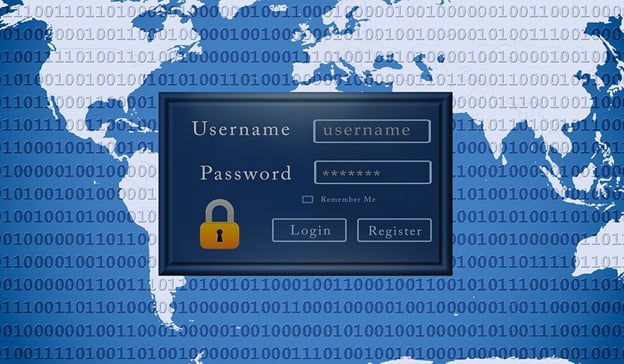
There are a variety of ways hackers can figure out your password, such as the “dictionary attack” used to figure out passwords that are words in a dictionary.
If you use the same password for everything, then if these hackers figure out the password for one account, now all of your accounts can be accessed.
Your email password needs to be particularly strong, as hackers can use your email to change the passwords for other accounts linked to your email address.
Without unbreakable and unique passwords, you are basically inviting people into your accounts. You could lose all access to your account, hackers could steal your personal information, credit card and bank details, or even your identity.
Creating a strong, complex password though is only part of the solution, the other is remembering your password. There are a number of tips that can help you create a memorable, almost unbreakable, complex password to keep your information safe. Editor’s Note: We value our relationship with our readers, and we strive to earn your trust through transparency and integrity. We are in the same ownership group as some of the industry-leading products reviewed on this site: ExpressVPN, Cyberghost, Private Internet Access, and Intego. However, this does not affect our review process, as we adhere to a strict testing methodology.
Tips for Creating a Strong Password
Use these tips to create strong and memorable passwords that are nearly unbreakable to hackers and significantly increase the security of your accounts and personal information.
1 Create Strong Passwords
While this tip may seem obvious, there are many people who may not know what “strong” really means when it comes to creating passwords. The following are three features of secure, strong passwords:
- Your password should be at least 11 characters long.
- It should include at least 3 different character types: uppercase letters, lowercase letters, symbols, and numbers.
- Try to avoid real words as they are easier to figure out. (Ex: Dog5815)
2 Use Unique Passwords for Each Account
How many of your accounts can hackers break into if they figure out your login details on one of your accounts? If your answer is more than just the one they already broke the password for, you need to change your passwords.
You should also never reuse passwords for any important accounts, such as your bank account and email.
3 Enable Two-Factor Authentication
Two-factor authentication provides an additional layer of security to your login for accounts. With two-factor authentication, your will need the password for the account, as well as a device for the authentication process, usually your phone.
You will receive a request for verification, typically as a text message or push notification. If using the same device each time you login, you will probably only need to do this once for an account.
You will have to verify your account again if you access the account from a different, unknown device. It’s wise to at least use two-factor authentication for your bank accounts, email, and password manager (if you use one).
4 Personal Dates
Using personal dates is one way to create a strong password that’s easy for you to remember and difficult for hackers to break.
However, don’t use your birthday. It’s too easy today for people to figure out your birthday online.
Use important family dates that are important to you, but ones that others won’t know about, such as the date you got your first car or your first date. You can make your password even more secure by adding multiple dates together or adding a space or special character between them.
5 Nursery Rhymes
The nursery rhyme technique is one of the most preferred methods with IT security policies. First, take the first letter of each word, then you capitalize the first letter in the sentence, then replace specific letters with numbers, and end with a special character, such as “!” or “_”.
For example, take the Jack and Jill nursery rhyme:
“Jack and Jill went up the hill to fetch a pail of water..” You would capitalize the “J” in Jack, then you couple replace any “a” with 3 and “t” with 5, then end with an exclamation mark. Your password would turn out to be: J3jwu5h5f3pow!
6 Industry Lingo
Another way to create a strong password is using specialized industry terms in a similar way as the nursery rhyme technique. You can string several words together, or create a sentence and use the first letter of each word as your password.
Replace one letter in the phrase, such as “a,” with a number to create an even more secure password.
7 Favorite Line of a Movie or Song
Using your favorite movie line or line from a song with the nursery rhyme technique can actually make for a better password. Some nursery rhymes are very popular, so they may be easier to guess, depending on how much you changed letters or other variations.
If you’re favorite movie or song isn’t well-known, this could be an even better technique for your.
8 Establish a Hardware Key
One method to remembering a complex password is the hardware key technique. Write down part of your password on a piece of paper or card. For example, you could write down “ThatIsThe?” if your password is “2BeOrNot2BeThatIsThe?”.
This method helps you remember your password, but keeps someone from knowing your complete password if they found it written down.
9 Use a Password Manager
You may have difficulties remembering all of your passwords if each one is unique and complex. Fortunately, there are several password managers that can help you create and remember passwords for each of your accounts.
The only password you will need to remember is the one to access the password manager.
Best Password Managers
I can recommend these leading five password management tools to assist you in generating and recalling robust, intricate passwords tailored individually for all your online accounts.
1. RememBear
- Syncs across multiple devices
- Secure AES 256-bit encryption
- Autofills forms, including credit card info.
2. LastPass
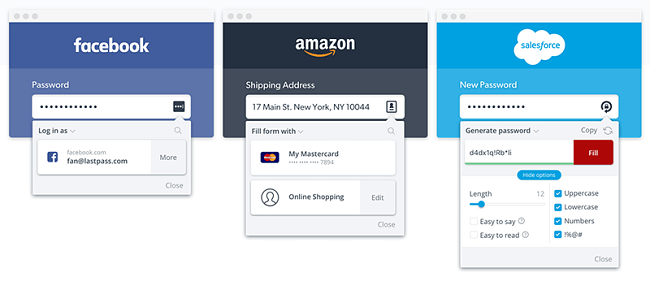
- Stores unlimited logins
- Generates strong passwords
- Automatic form completion
3. Dashlane
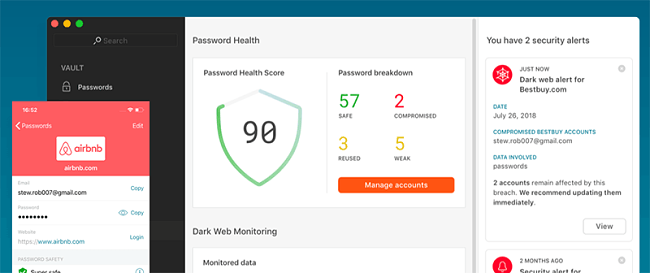
- One-click password generation
- Automatic form completion
- Digital wallet feature
4. KeePass
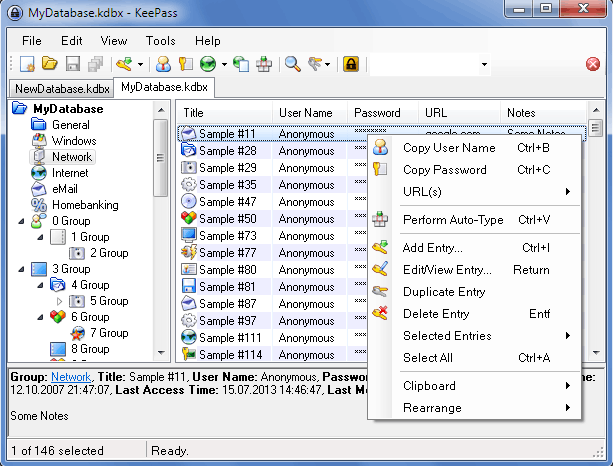
- Excellent password generator
- Highly customizable
- Expandable via plugins
5. Sticky Password
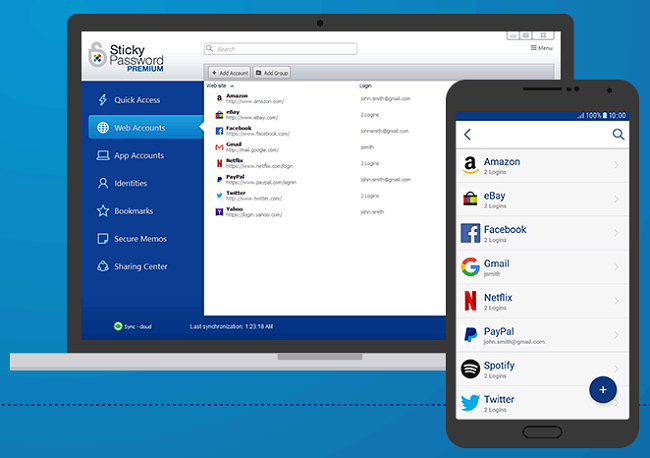
- Two-factor authentication
- Strong password generator
- Cross-platform
Conclusion
Using unique, complex passwords for your online accounts you significantly decrease the chances of someone breaking your password and stealing your information.
Password managers are a also great way to help you not forget those strong passwords. By using these tips for creating strong passwords, you will be making yourself a much more difficult target for hackers.


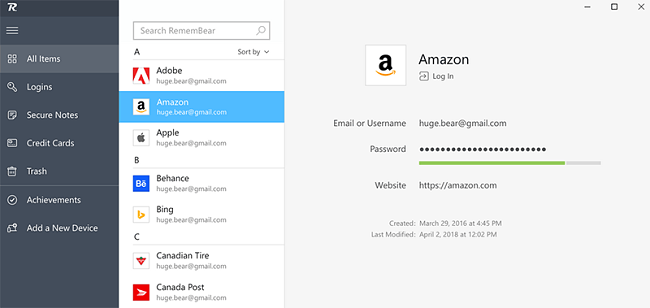



Leave a Comment
Cancel